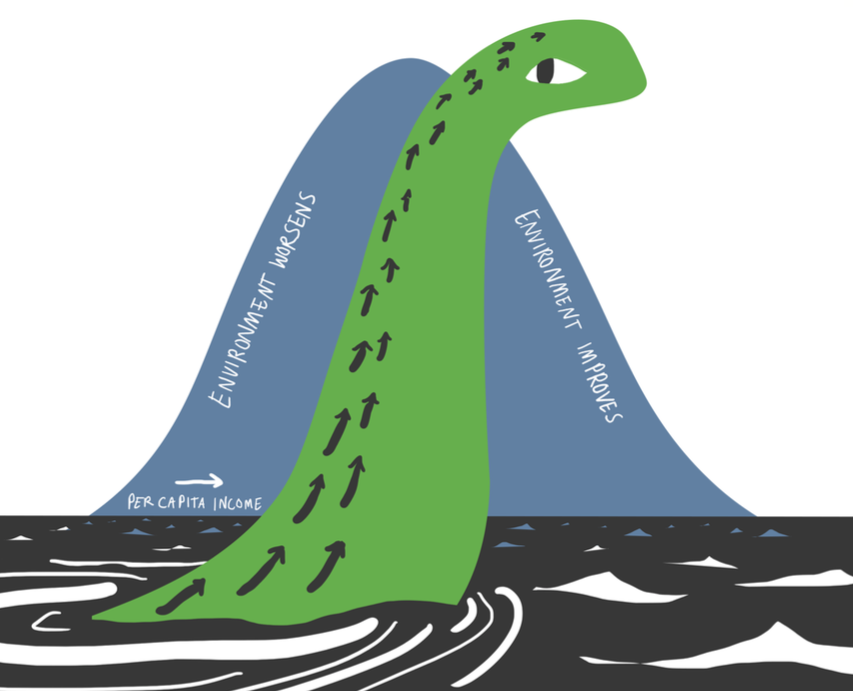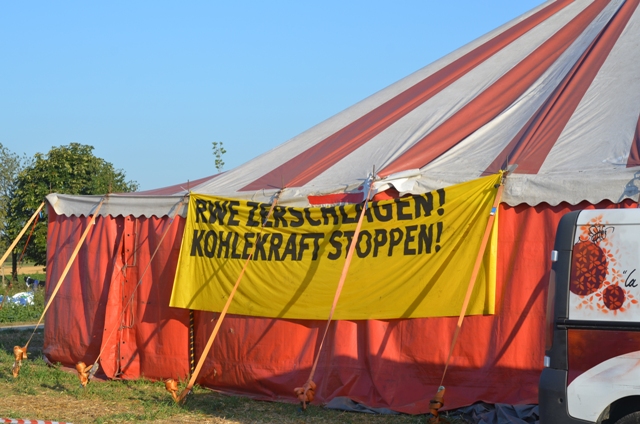WHEN
August 24th - 28th
WHERE
Gars am Kamp, Lower Austria
WHY
We want to go beyond the tendency of classical education to focus on the mind and create opportunities where participants can not only acquire knowledge, but also become passionate and active advocates for socio-ecological change. The festival is a place where learning with all the senses and creating something new are at the centre, alongside mind-focused academic discussions. Thematically, the core is about future and community building and equitable development. The aim of the festival is to inspire people to work together critically, politically and creatively for a just socio-ecological change for a good life for all people and living beings.
WHAT
Participants are invited to shape the festival and not just be passive consumers of another cultural event. In the field of embodied learning, we offer not only intellectual learning experiences, but those that involve the body, the emotions and their social conditioning. To meet the challenges ahead, we need empowered individuals and collectives to initiate change. In the afternoons, there will be Open Spaces where participants become co-creators of the festival, generating emotional, embodied and/or cognitive knowledge, workshops and discussions where we can inspire each other, be inspired, teach and learn, collaborate and be motivated to take action.
WHO
We became a team while organising last year's degrowth summer school in Barcelona. It was nice pushing a lot of content into our brains, and participating in many workshops presented by inspiring activist-academics and artists. But then we asked ourselves: what would happen if we left more space, time and energy for sharing inspirations, skills and knowledge amongst us? For really getting to know each other? We are on a collective investigation: how to create a celebratory space for conviviality and co-creation for the degrowth movement and beyond?
Find more info and book your ticket altshiftfestival.org

If making the degrowth case was like baking a cake, disproving the plausibility of green growth would be the equivalent of turning the oven on. Decoupling is only “a myth” or “a fantasy,” some would say, a notorious fallacy that requires as much attention as the confabulations of Flat Earthers. And yet, faith in decoupling is strengthening in environmental agendas all around the world, includin...

For our Degrowth in Action - Climate Justice Summer School 2015 we are currently looking for contributors to our courses. The summer school will take place from 9 to 14 August 2015 in the lignite-mining region of the Rhineland in cooperation with the annual climate camp. The courses will be at the centre of the Summer School and run for 4 or 2 days, thus giving the opportunity to dive deeper in...
Placing the notion of technology within a postgrowth setting is like introducing Conchita Wurst to a Vatican congregation. Not any congregation, but the Papal conclave. Not as a surprise guest to cheer everyone up, but as a serious proposal for the next Holy Father – or in this case: the Holy Trinity of the [...]